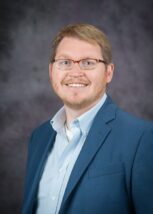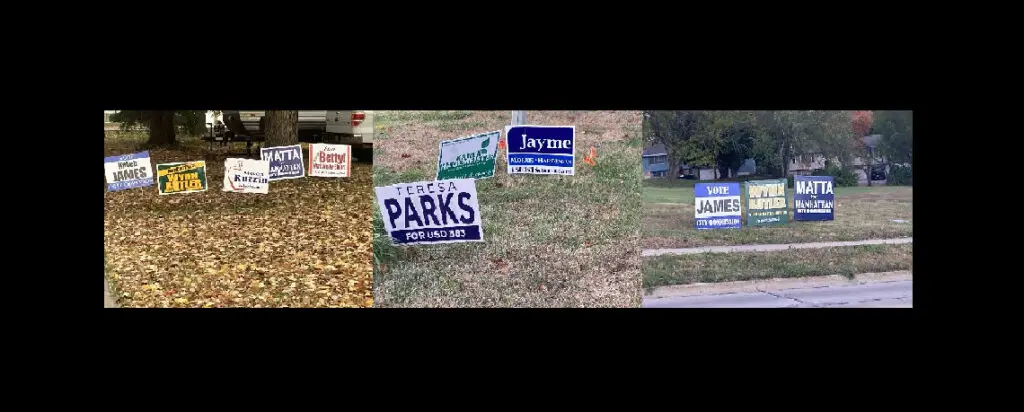Just days remain before voters head to the polls to determine two key local races.
As candidates continue to try and sway voters, partisan politics have crept into the city commission and USD 383 school board races, which are traditionally seen as nonpartisan. Whether it’s in a radio spot, a Facebook ad, a comment at a forum or even during public comment at a meeting, there’s almost no escape from the talking points or rhetoric from both sides of the political discussion.
Associate Communications professor and Director of the Institute for Civic Discourse and Democracy, Dr. Tim Shaffer says it’s an unfortunate circumstance of the times.
“One of the multiple losses at the local level is that we’ve adopted I think this kind of attacking orientation to what it means to govern, what it means to be in elected office,” he said.
Local races have increasingly become polarized with some candidates aligning themselves with others on social issues, encouraging voters to vote for multiple candidates who share the same political views. Shaffer says while the strategy may work to their advantage, it’s not ideal from a voter’s perspective.
“It’s shorthand. It’s useful in certain ways but I think it sets us up to have the dissatisfaction with the national politics and even dare I say state politics filter all the way down to where our entire elective process is through this lens,” he said.
The reason candidates may be opting to do this he says, is because there are so many candidates to choose from and aligning with a so-called “six pack” or “three pack,” simplifies the process for voters. As it is, he says it’s becoming tougher for candidates to have more wide reaching appeal across both sides of the aisle.

“If someone, who had a set of views that weren’t universally held across the board, could appeal to different kinds of people, not just because they fall into these categories, you could be looked at a little bit more nuanced as somebody governing. To me that’s really important,” he said.
Shaffer encourages voters to do their homework, learn about each candidate and then vote on or before Tuesday.
Dr. Shaffer appeared on KMAN’s In Focus Thursday morning. You can hear the entire segment by clicking here.

